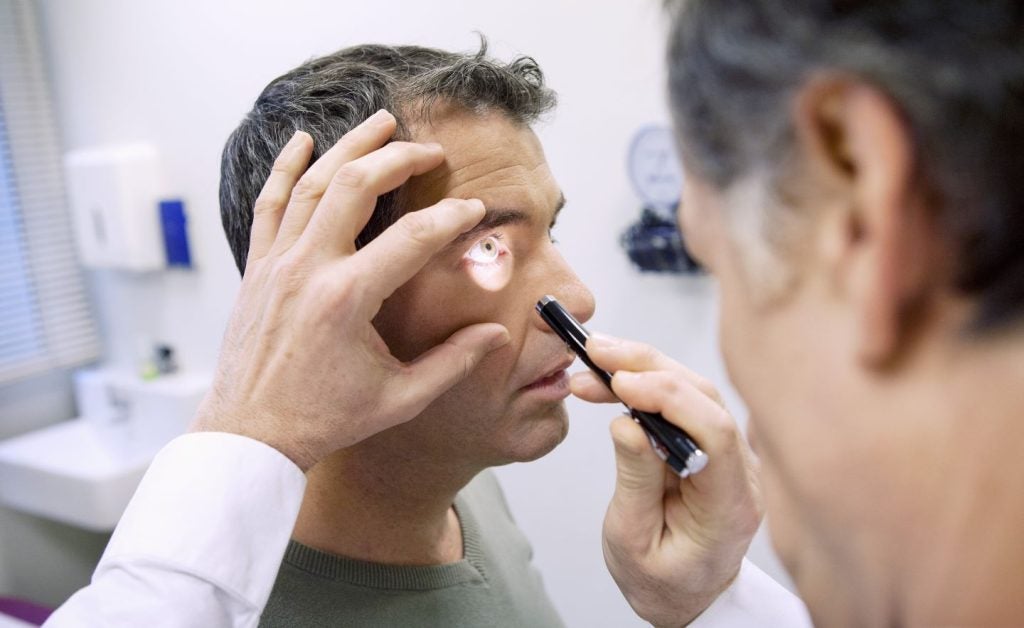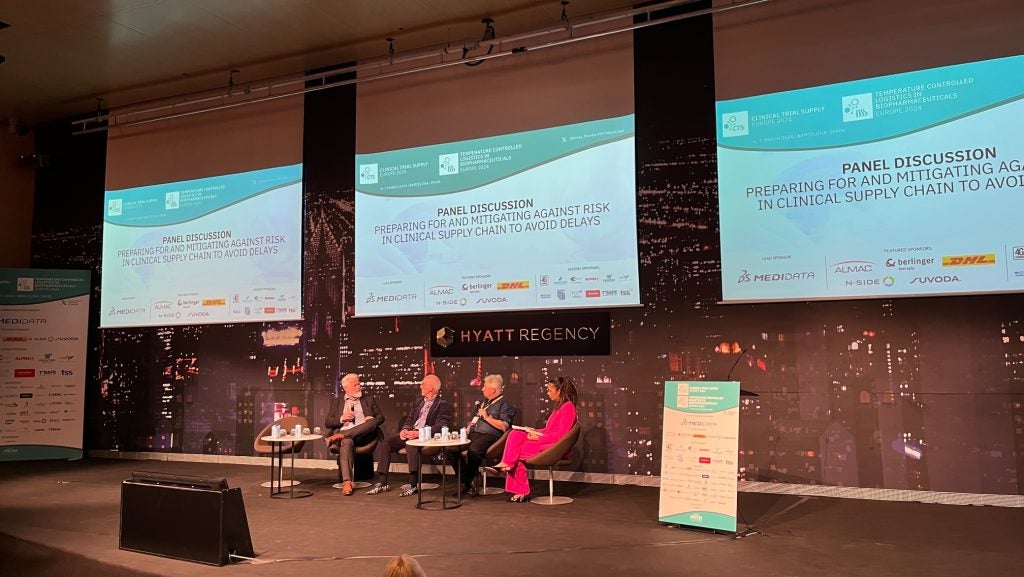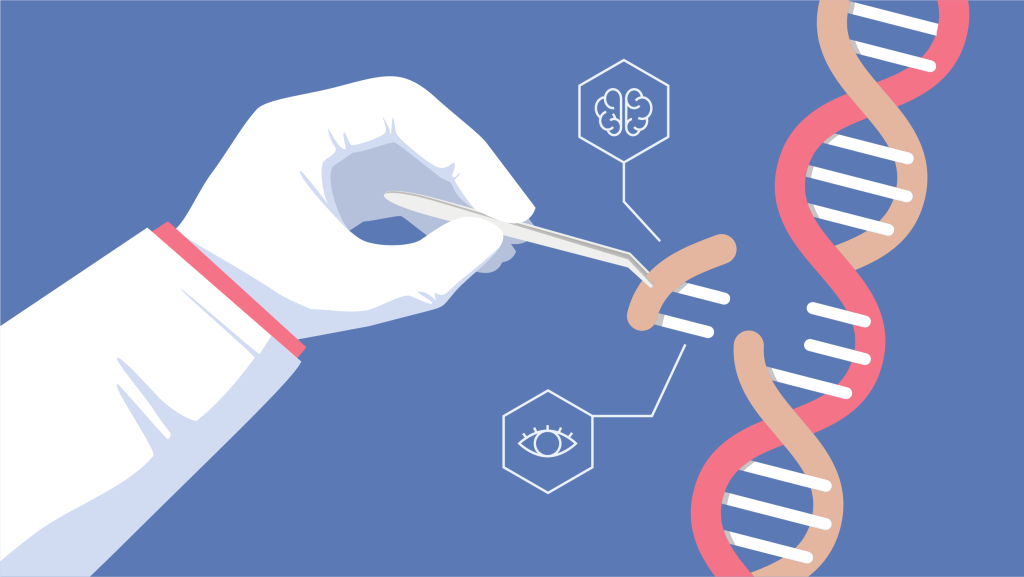Chinese biotechnology company Innovent Biologics has reported that the Phase II clinical trial of efdamrofusp alfa high-dose (IBI302) in Chinese participants with neovascular age-related macular degeneration (nAMD) met its primary endpoint.
IBI302 is a new recombinant human VEGFR-Fc-Human CR1 fusion protein injection that is intended to treat nAMD.
The double-masked, randomised, active-controlled Phase II study assessed longer intervals between intravitreal injections of high-dose IBI302.
It involved 132 patients who were randomised into three groups to receive 6.4mg of IBI302, 8mg of IBI302, or 2mg of Aflibercept, with dosing intervals adjusted based on post-loading therapy response.
The primary endpoint was the variation in best corrected visual acuity (BCVA) in the trial eye from baseline to week 40.
According to the findings, both IBI302 groups met the primary endpoint, demonstrating non-inferiority to the Aflibercept arm.
The IBI302 groups experienced significant reductions in central subfield thickness (CST), with the 6.4mg group showing a mean change of -163.19μm and the 8mg group -184.46μm, versus -108.23μm in the Aflibercept group.
Encouraged by the long-interval dosing performance observed in the Phase II studies, Innovent has included a Q16W dosing interval regimen for IBI302 in the upcoming Phase III STAR study.
Innovent Clinical Development vice-president Dr Lei Qian said: “In the results of two Phase II studies, which enrolled more than 360 subjects, IBI302 improved BCVA and macular oedema in patients with nAMD significantly, extended dosing intervals, and had the potential to prevent the development of macular atrophy.
“Next, we will further investigate the long-interval dosing efficacy and safety of high-dose IBI302 in the Phase III STAR trial, hoping to bring a new generation of anti-VEGF agents to patients with nAMD.”
Earlier this month, Innovent dosed the first subject in a first-in-human Phase I trial of IBI3002 for the treatment of asthma.















